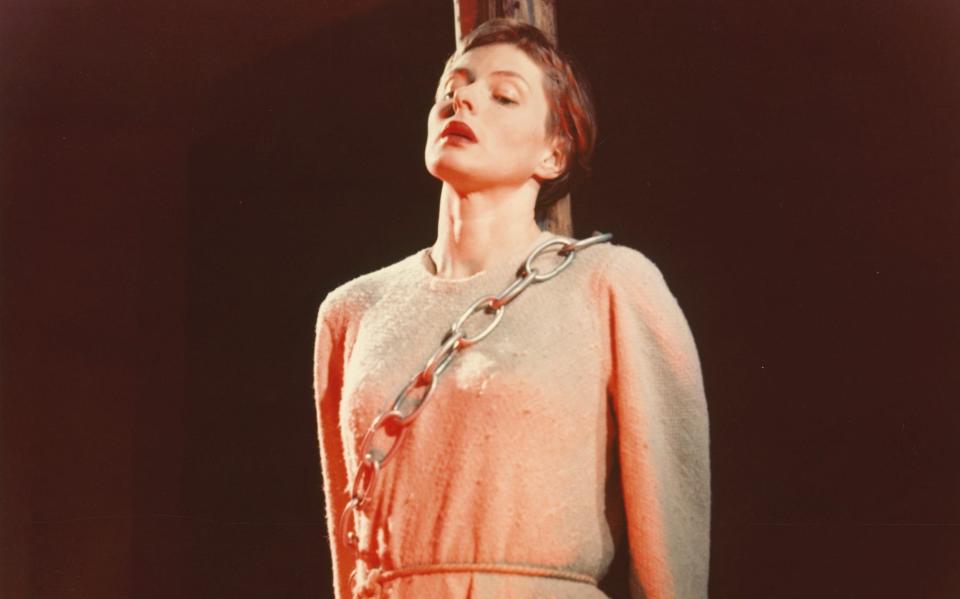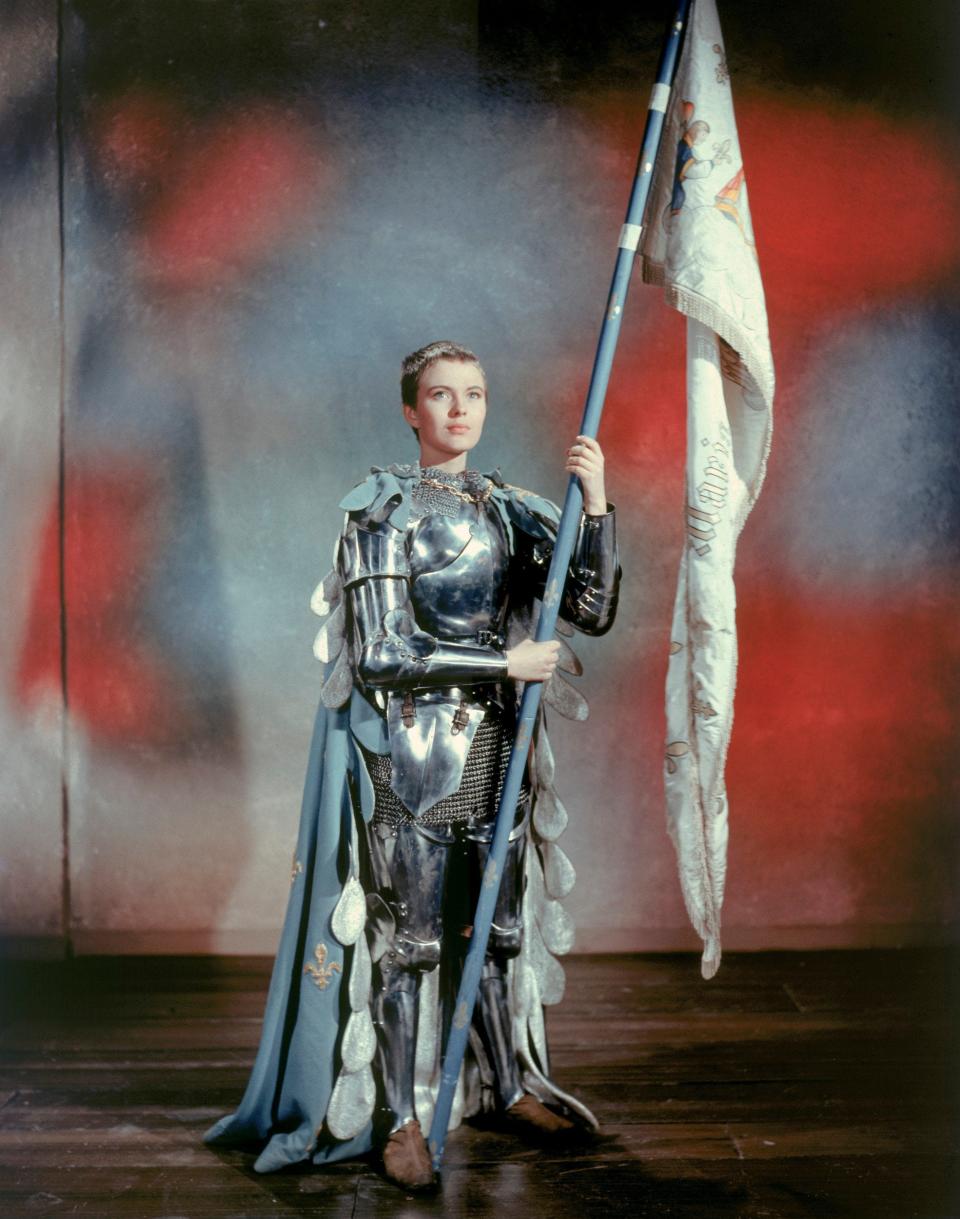Will this novel do for Joan of Arc what Wolf Hall did for Thomas Cromwell?

To George Bernard Shaw, she was a champion of individualism. Rubens depicted her as a devout and humble servant of the state, while Shakespeare reduced her to a sly devil-worshipper. Now author Katherine J Chen, whose first novel riffed on Pride and Prejudice, becomes the latest to tackle that legendary figure, Joan of Arc – and hers is a fresh and utterly enthralling take.
Crucially, Chen’s protagonist is not a woman of faith, but a woman of action. Gone are the visions from saints and archangels; this Joan doesn’t take orders from anyone. Arguably, that narrative choice isn’t so revolutionary given the current trend for you-go-girl reclamations of historical stories, likewise the decision to downplay a potentially alienating religious factor. Surely the mighty maiden is more relatable to the selfie generation if she has faith in Joan, not God?
Well, it worked for this lapsed Anglican reader, but mainly because Chen makes a compelling case for her hard-scrabble survivor which lifts this retelling beyond voguish virtue-signalling. Here Joan’s sadistic father, Jacques, beats, starves and terrorises his family – most especially Joan. Before she was born, he bet that she would be a boy, and he has never forgiven her for that loss of money, and pride. It doesn’t help that Joan lacks any 15th-century feminine qualities: she is not beautiful, meek or obedient, but fearless, quick-witted and hot-tempered.
Chen lingers on Joan’s formative childhood. The book opens with a haunting microcosm of the battles she will later wage: the children of her village, the Dauphin-supporting Domrémy, gathering to fight those from neighbouring village Maxey, which is loyal to the Duke of Burgundy – who has allied with England. But never mind that international context. Chen places us right there, in the arid field beneath the hot afternoon sun, where 10-year-old Joan digs stones out of the soil to arm the scrawny youths; she’s not allowed to fight, even though she already has a keen eye for strategy. The brawl ends in tragedy: a small boy is killed.
Joan, who is further scarred by the rape of her sister Catherine, swears vengeance on those she holds responsible – the lofty rulers whose actions ripple down to the ordinary people. Like Arya Stark in Game of Thrones, she cleaves to her kill list: the Duke of Bedford, the Duke of Burgundy, the future Henry VI of England, even the Dauphin for his weakness.

But this natural leader and warrior is a mere peasant girl. It is only through a series of serendipitous events, including the Dauphin’s advisors jockeying for position, that Joan gets the opportunity to use her talents. Nor are those gifts – she can shoot arrows, ride a horse and wield a sword better than any man – universally appreciated. Some see her as a fraud, a witch, or a deviant challenge to the established order.
Hilary Mantel has given Chen’s novel her stamp of approval, and there are certainly glimmers of Wolf Hall in this tale of an outsider on the rise, and in the seething Machiavellian court politics. The writing doesn’t match Mantel’s astounding lyricism and sheer scope, and, psychologically, Joan is more straightforward than the artful Cromwell.
Yet Chen earns the comparison thanks to her vivid, visceral and boldly immediate storytelling. Although her Joan is rather too accomplished – extraordinarily tall and strong, and suspiciously brilliant at everything – she is humanised by fatal flaws: her restlessness, arrogance and ambition. She tries to be strong without being cruel, but doesn’t always succeed. In a fraught paradox, war is both her original trauma and her means of escape and advancement.

The Dauphin, in contrast, is a clueless pretender. When Joan first meets him, she thinks: “A face such as his could be found selling cooking pots at a fair – and not doing a good job of it, either.” But he and the male nobles around him are allowed to make mistakes. The moment that Joan tastes defeat, she crashes back to earth.
Chen efficiently sketches in numerous figures, including the wily queen, who cloaks Joan in religious fables, and Joan’s bachelor uncle, whose tales stoke her passion for combat; myth-making is cannily deployed throughout. There are witty touches too, like a greedy aristocrat literally attempting to climb a greasy pole.
But it’s Joan herself who constantly bounds off the page, a proto-feminist genius born into the wrong age. Thanks to Chen’s efforts, she is now a hypnotic heroine for our time.
Joan by Katherine J Chen is published by Hodder & Stoughton at £16.99. To order your copy for £14.99, call 0844 871 1514 or visit Telegraph Books

 money
money 